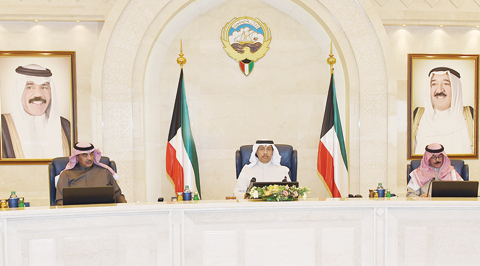Tensions are simmering ahead of summer talks on which UNESCO World Heritage sites are deemed to be endangered, with countries battling against featuring on the UN cultural body’s list. Terse language can be expected among diplomats at UNESCO’s talks starting Sunday in New Delhi as they discuss cases as varied as Britain’s prehistoric Stonehenge circle or Lumbini, the birthplace of Buddha in Nepal, ahead of a deadline at the end of July. The battles to come contrast with the usual suspense over which locations may be added to the prestigious World Heritage classification, which can be a lucrative driver of tourism.
UNESCO, the UN body for education, science and culture, insists that being placed on the narrower list of endangered sites is not a black mark. But many countries affected, especially in the West, see it differently, fighting fierce rearguard actions against their inclusion. Venice has been on UNESCO’s World Heritage List since 1987, but under threat from climate change and over-tourism, it recently imposed a fee on visitors staying only a day at peak times of year after risking addition to the unhappy club in 2023.
And after years facing down UNESCO over its Great Barrier Reef, Australia has pumped billions into improving water quality, cushioning the impacts of climate change on the coral and protecting endangered species. London, meanwhile, had long pushed for construction of a highway tunnel passing near Stonehenge, which joined the World Heritage list in 1986 as “the most architecturally sophisticated prehistoric stone circle in the world” according to UNESCO.
British courts blocked an initial plan for the tunnel in July 2021 over concerns about the environmental impact on the site dating to between around 3,000 and 2,300 BC. The 14-year Conservative government nevertheless kept pushing forward with the project, claiming the tunnel would protect Stonehenge by reducing traffic.
‘Universal value’
The recently elected Labor government of Keir Starmer has “a different line” on the project, said Lazare Eloundou, head of World Heritage at UNESCO - although he is in the dark about what London will propose in New Delhi. In Nepal, the Buddha’s birthplace of Lumbini - rediscovered in 1896 after long being lost to the jungle - is another sore point. Added to the World Heritage list in 1997, it is now visited by millions of people each year.
“The site is endangered because many of the monuments are not well maintained and are being seriously degraded,” Eloundou said. Also afflicted with “many completely inappropriate projects”, the site’s “universal value” is at risk, he added. “All of southeast Asia is watching this with great concern,” Eloundou said. In New Delhi, the World Heritage committee will also consider sites already seen as in danger due to political instability.
These include the Bamiyan Buddhas in Afghanistan or Yemeni’s capital Sanaa. There are some sites which could heave themselves off the endangered list. In Senegal, for example, elephants are returning to the Niokolo Koba national park that had long been deserted by animals - though other species’ reappearance is yet to be spotted. UNESCO will consider 25 new candidates for inclusion on the World Heritage list, including the Marquesas Islands in French Polynesia, sites linked to the life of Nelson Mandela in South Africa and Brazil’s Lencois Maranhenses national park, a vast expanse of sand dunes interspersed with deep blue and turquoise lagoons. — AFP
 Hong Kong Bannar.jpg)









